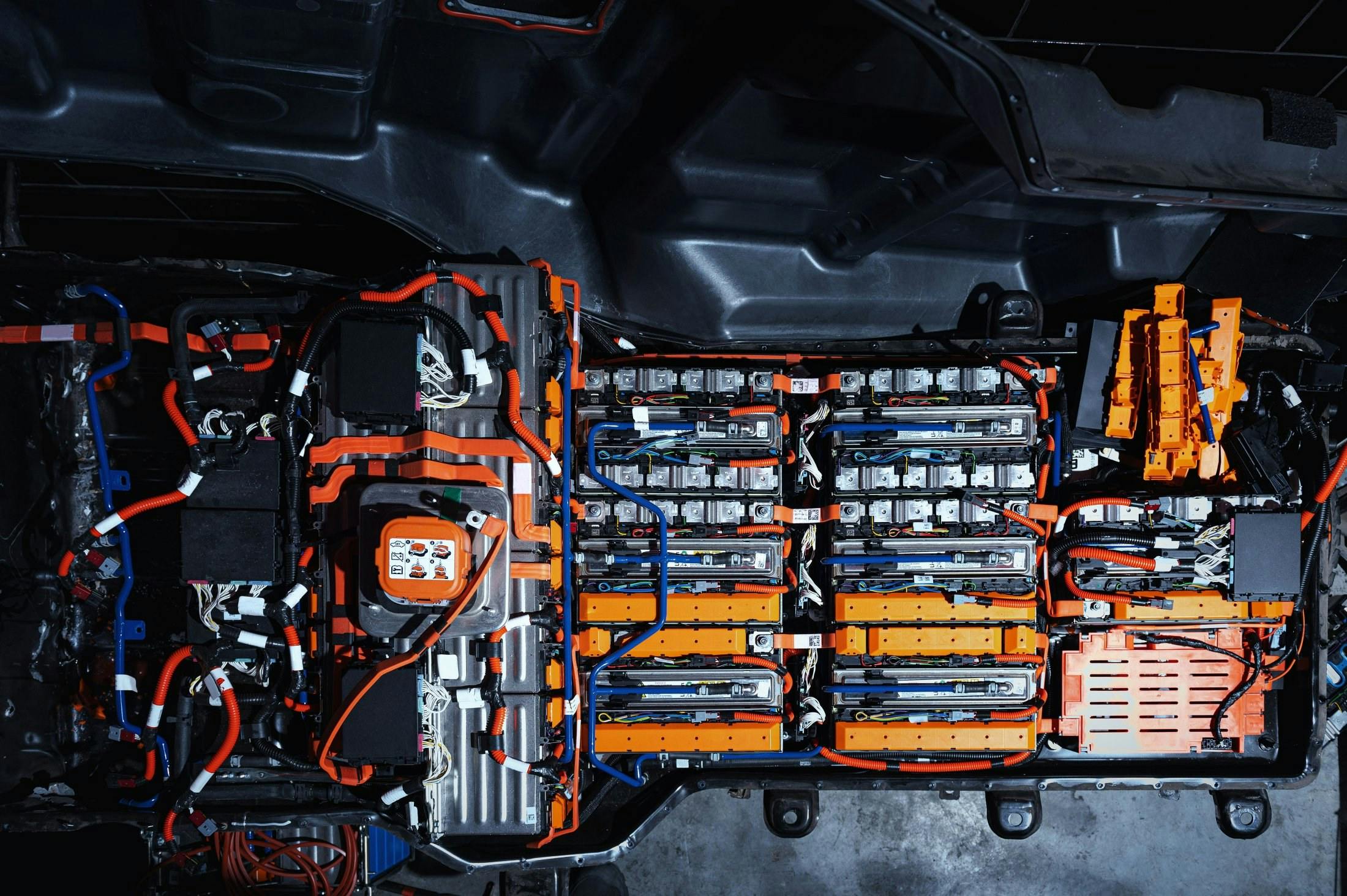A side effect of more powerful electric motors and higher-capacity batteries mean heat can be a problem in your new electric car. Extruded aluminium heatsinks play a vital role in managing that heat.
Electric vehicles (EVs) are marvels of engineering, but their performance is heavily reliant on effective thermal management. Until someone develops a superconductor or a zero friction lubricant, electrical circuits and moving parts will always generate heat. If left unchecked, this heat could be a serious problem. One of the most critical components in handling this heat is the heatsink. It's here that extruded aluminium truly shines.
Aluminium is an exceptional conductor of heat, the essential property needed in materials for heatsinks. The heatsink absorbs the heat from the component it is attached to and allows it to radiate into the surrounding environment. In all electric vehicles, the most significant heat sources are electric motors and power electronics. These components operate at high temperatures and require efficient cooling. Allowing the heat to build up can quickly impair the performance of the vehicle, result in lasting damage, or even cause failure or fire. Dealing with this heat is something that has to be considered as a fundamental aspect of designing the car.
As one of the key means of removing excess heat from vital components of an EV, extruded aluminium heatsinks offer several advantages. The extrusion process allows for the creation of intricate and complex cooling channels within the heatsink. These channels maximise the surface area from which the heat dissipates and the contact area with the component being cooled, which maximises the effectiveness of the heatsink. Aluminium's lightweight nature is crucial in EVs, where less weight means more range.
The design flexibility of extruded aluminium heatsinks is another key benefit. Engineers can tailor the heatsink's shape, size, and fin configuration to match the specific thermal requirements of the different EV components and where they sit in relation to other potential heat sources. This precision ensures optimal cooling performance of every component without compromising others.
There are also the other inherent benefits that aluminium brings. It is highly corrosion-resistant, meaning maintenance is almost zero and it doesn’t require painting or any other coating to protect it, saving weight. This is especially essential for components exposed to the elements. Aluminium is also very easy to work with and an abundant material, two factors which keep the costs down.
As the demand for electric vehicles continues to grow, so too does the need for advanced thermal management solutions. Extruded aluminium heatsinks are a mainstay of this technology, playing a vital role in ensuring the optimal performance and longevity of EVs.
